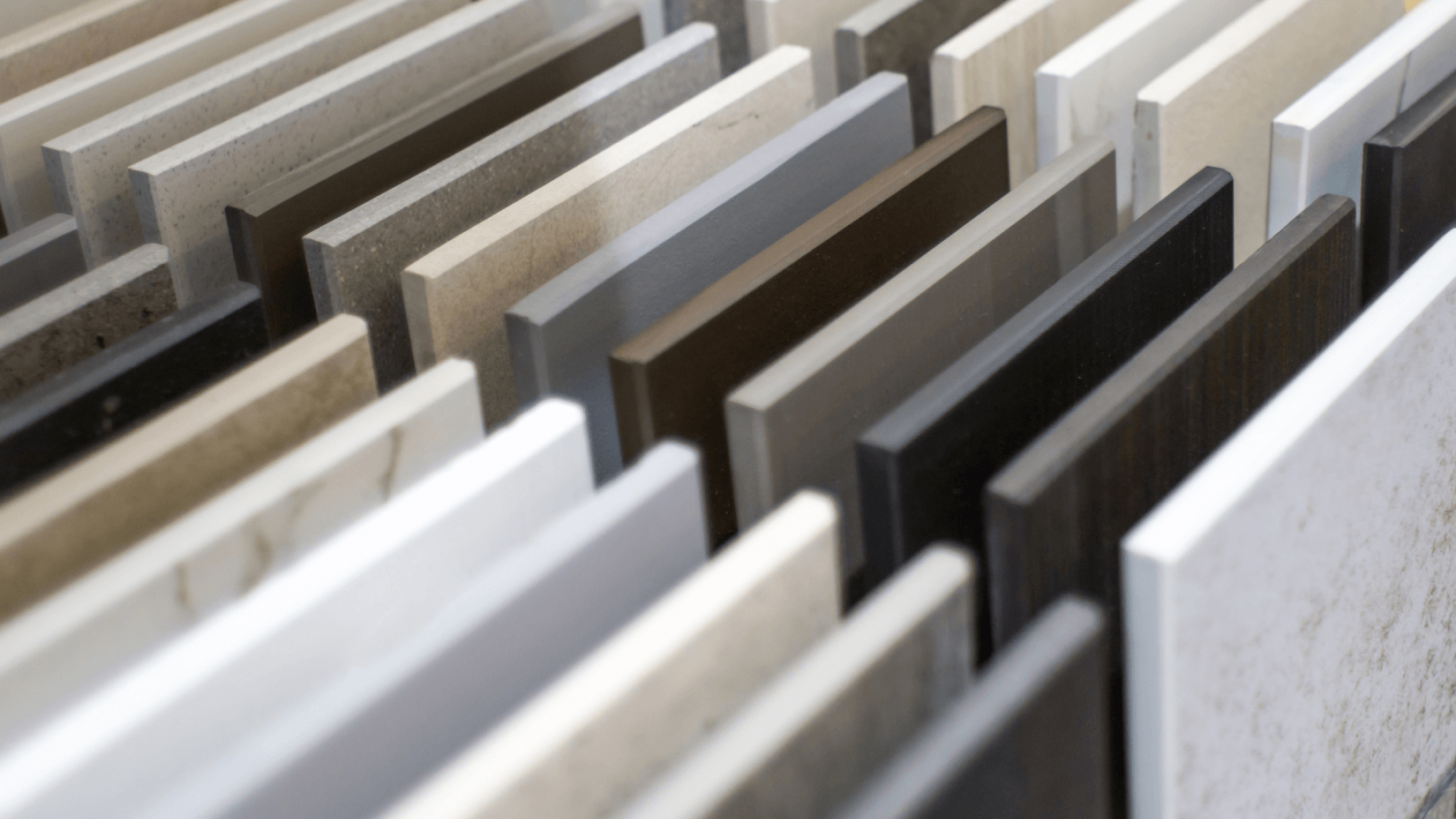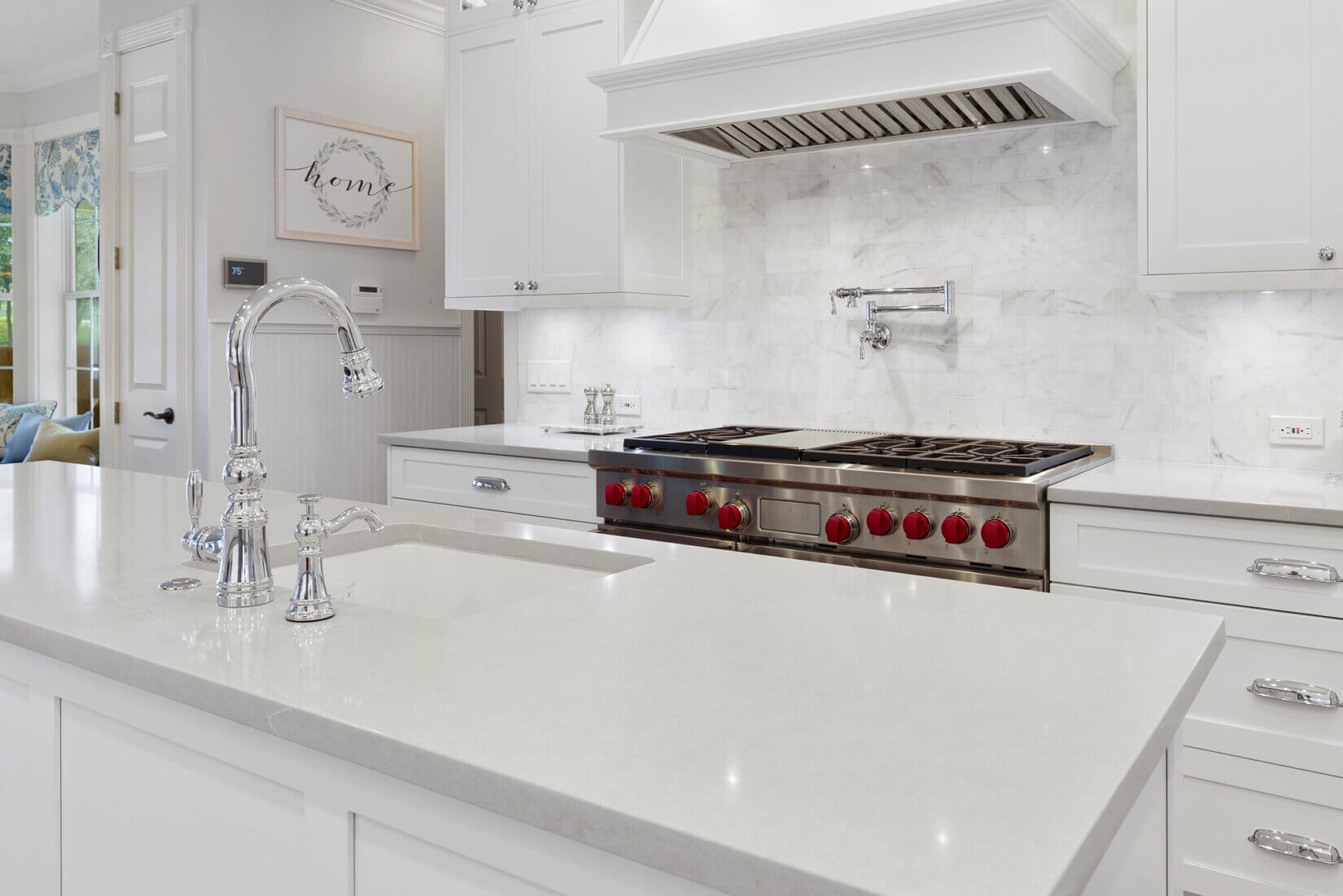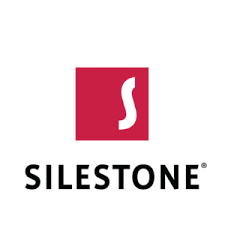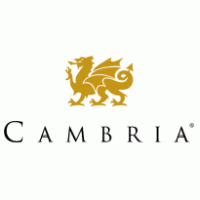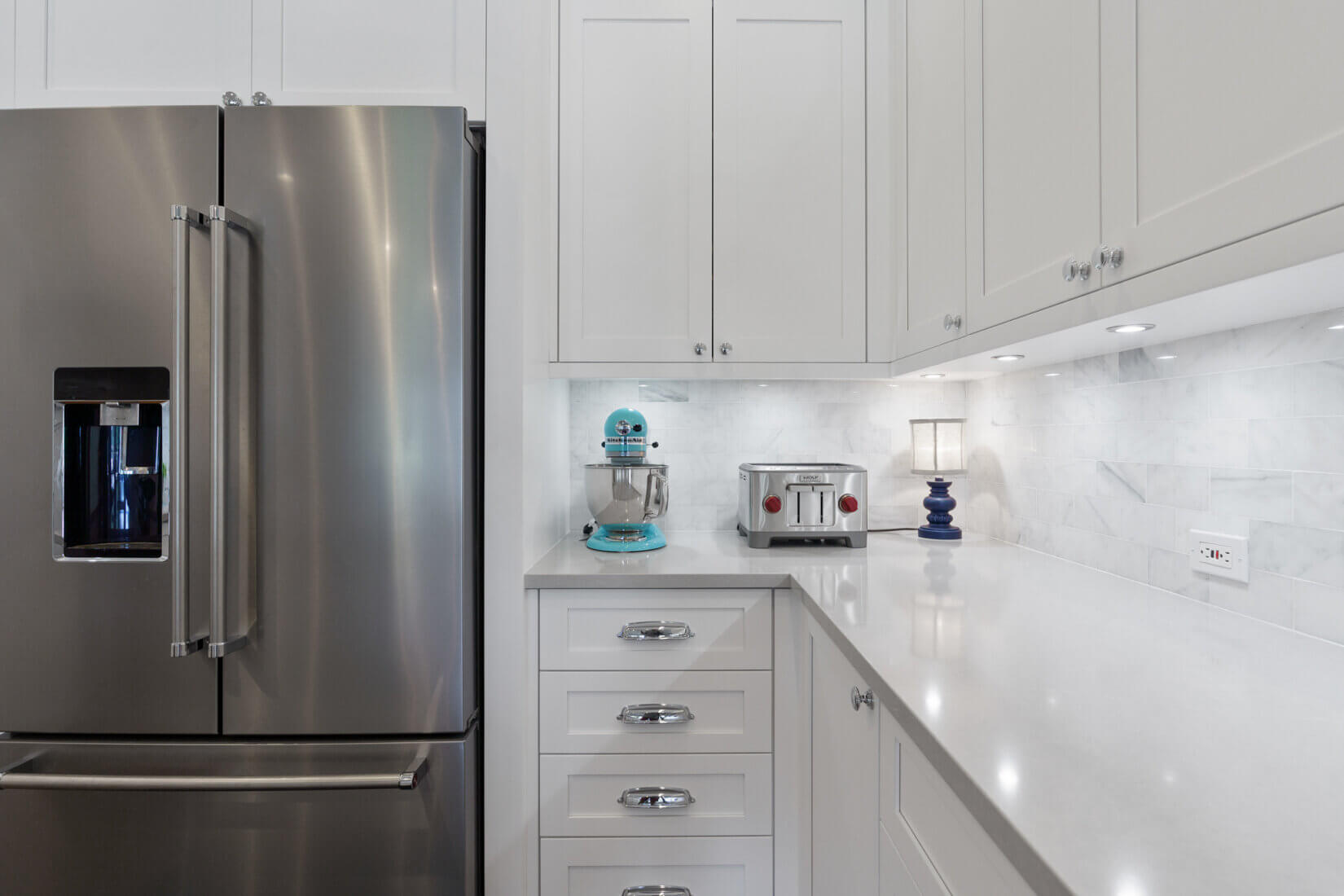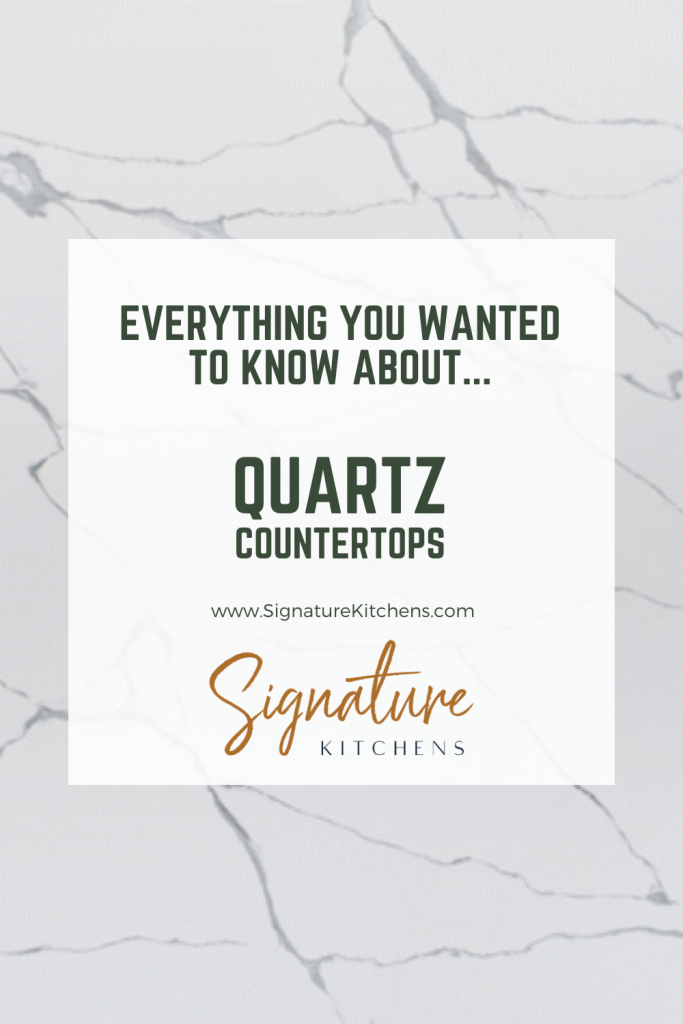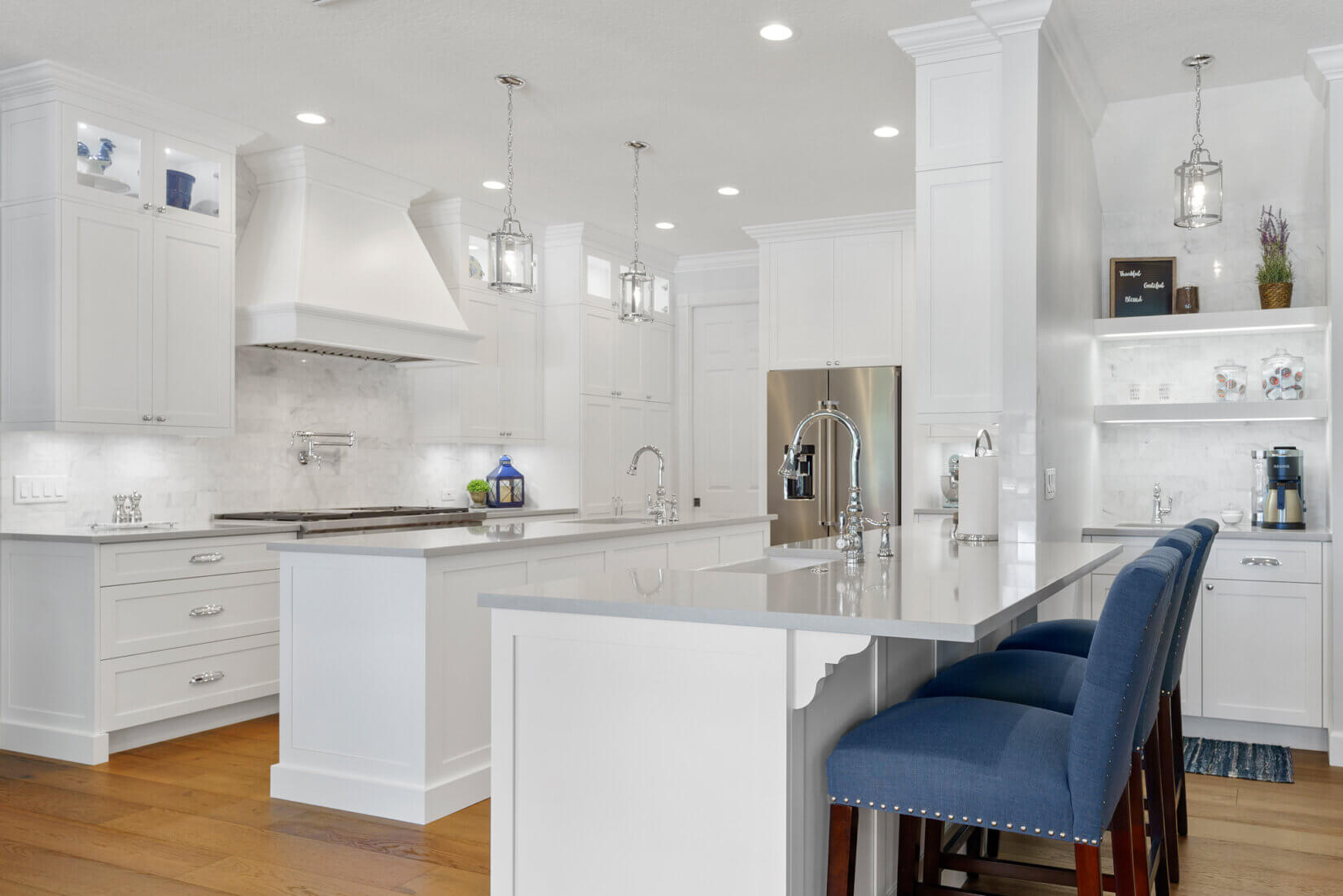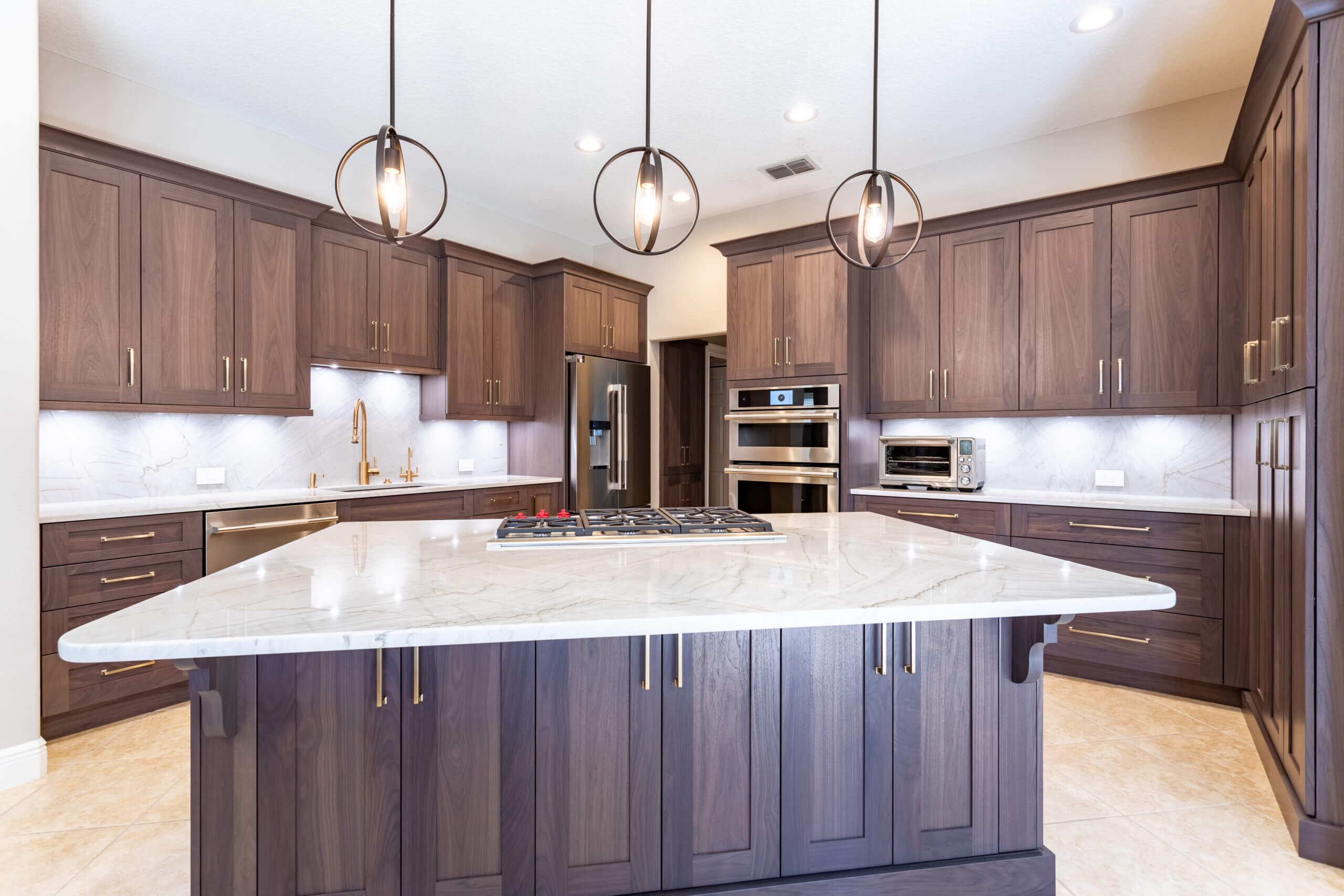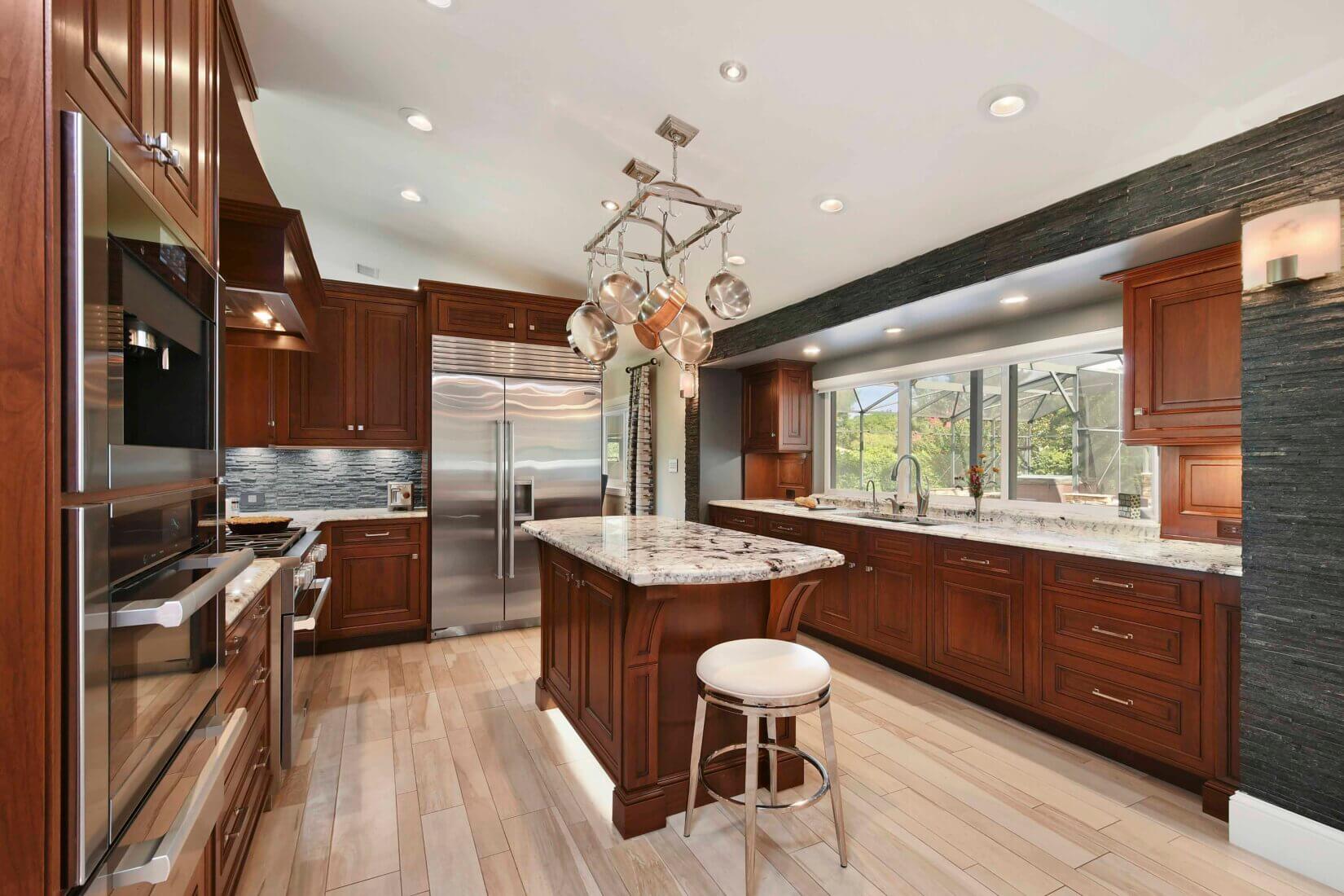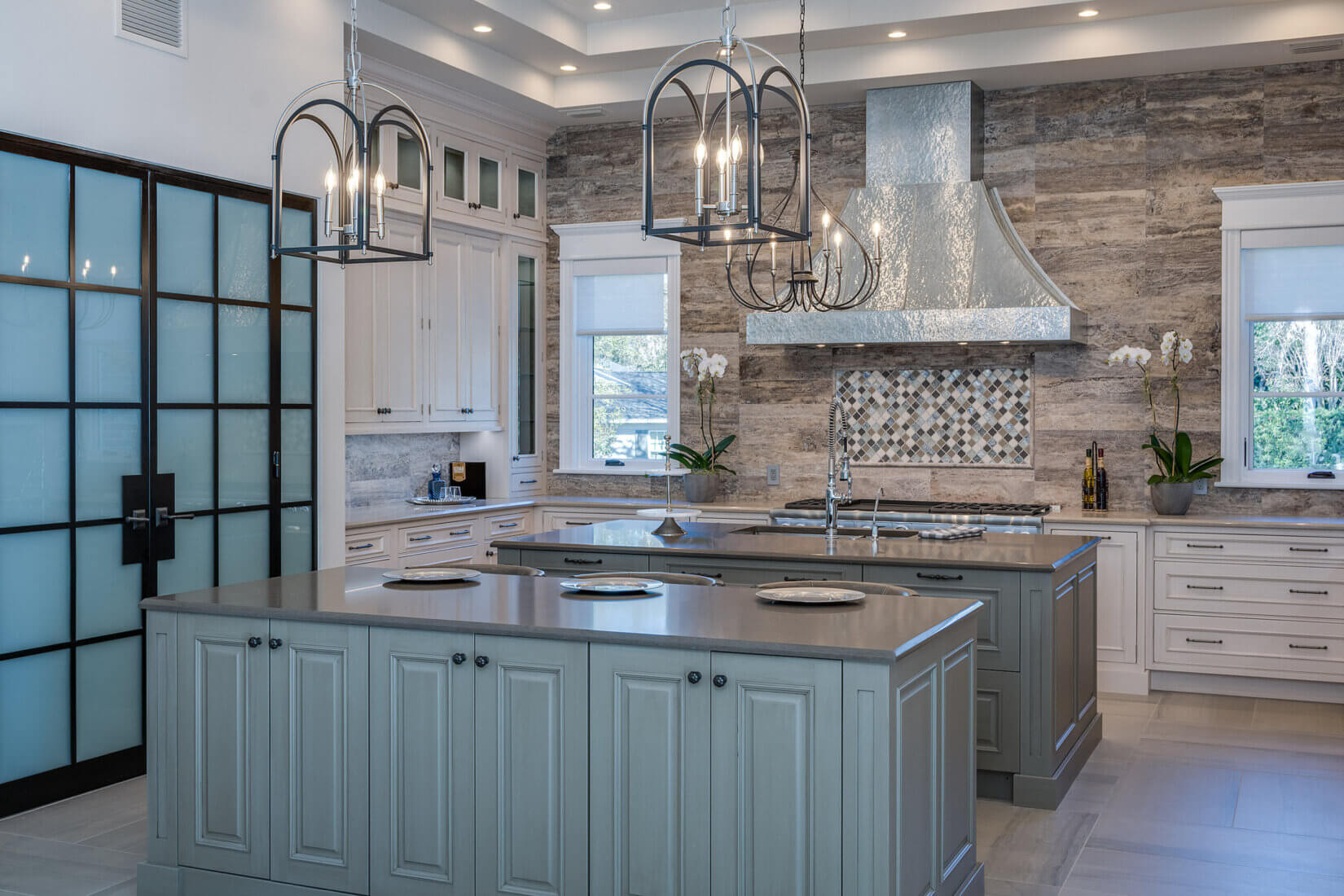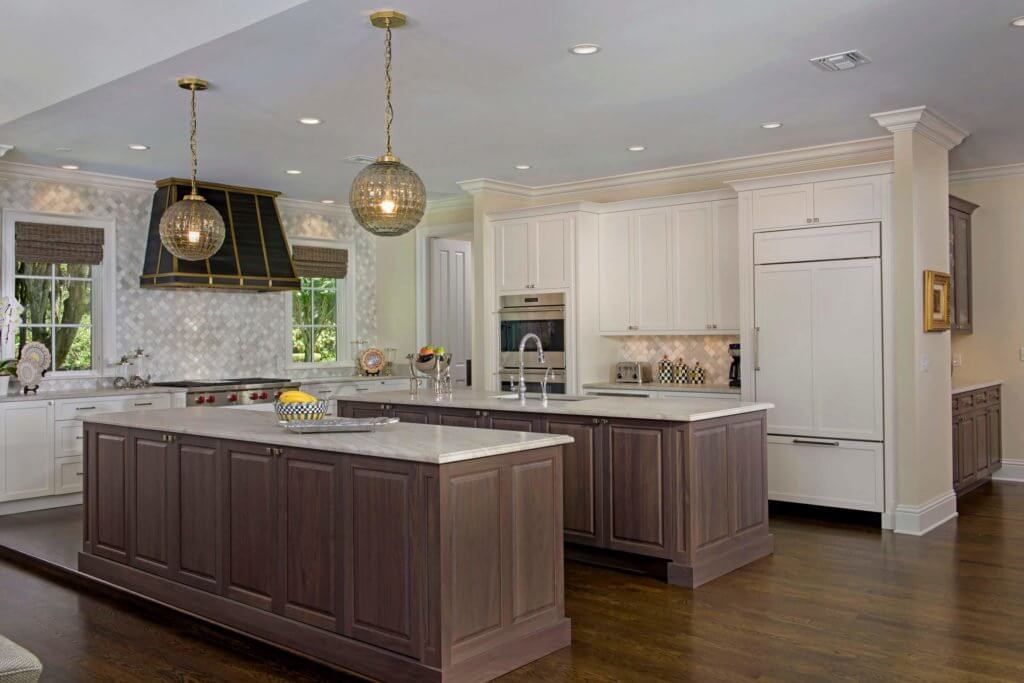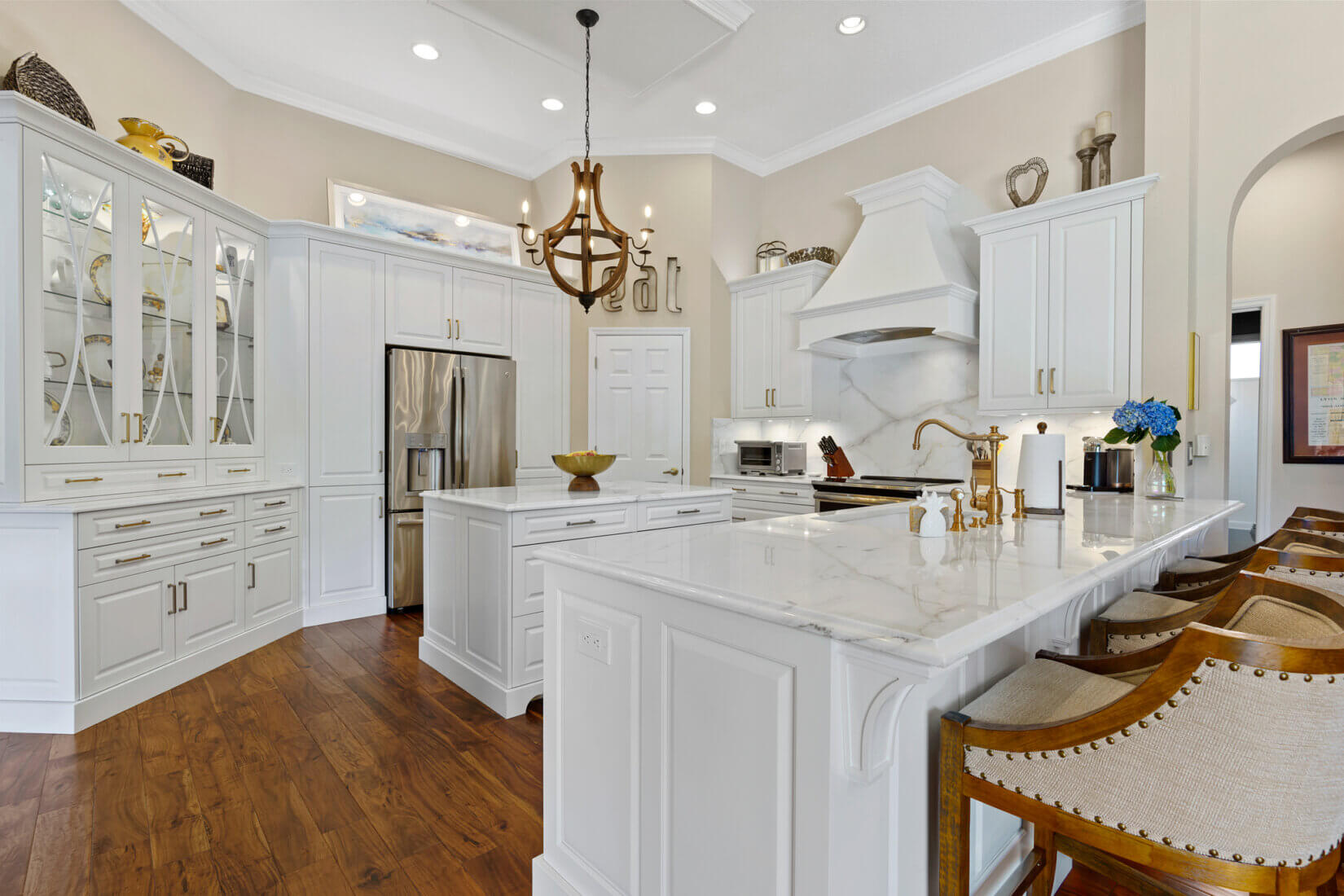What Are the Most Popular Quartz Countertops?
Thickness
Quartz is available in a wide range of thickness options, but the most common measurements that people tend to opt for are 3/4s of an inch and 1 ¾ inches. The appropriate thickness for you should depend entirely on the kind of look that you want to create.
Color
With respect to Quartz counter top colours, the most popular choices tend to be variations of white quartz since it is the easiest to maintain and goes well in a traditional kitchen environment. Depending on how finely ground the quartz crystals are, it is possible for a quartz countertop to either be completely smooth or to have a more stylistic appearance. A smooth white quartz countertop is by-far the most popular option you will see in any home.
A quartz countertop can also be obtained either as a polished, textured or honed surface. Overall, there is a tremendous degree of individual variation and variety available when choosing a quartz countertop although plain white or grey are the most popular options for this material.
How Much Do Quartz Countertops Cost?
Despite being a fairly popular and common choice of material, quartz can be surprisingly expensive if you opt for the more expensive grades. Within the U.S State of Florida, for example, quartz can cost anywhere from between $50 to $100 per square foot. You’ve also got a group of higher end products that can cost more.
The Hardness of Quartz
Hardness is one of the principal concerns with respect to counter top materials for the simple reason that you, as a consumer, intend to use your countertop for placing large and heavy items such as kitchen appliances, bowls and food. So, it is important that your counter should be strong enough to not easily be dented or scratched by the items that you place upon it.
As for quartz, it is one of the harder materials used for counter tops with a moh scale of mineral hardness reading of 7, the scale ranges from 1(extremely soft) to 10(extremely), which makes a quartz countertop far harder than other common materials such as limestone, marble and granite which score far lower. The fact that quartz is one of the hardest materials used for countertops makes it quite ideal in this capacity as it means that a quartz countertop is very unlikely to experience the same kind of damage that marble or granite would experience.
How easily can Quartz be damaged
Despite being extremely hard, a quartz countertop is certainly not indestructible which no material on earth is. One of the big advantages of quartz is that unlike marble, and certain types of granite, quartz is a completely non-porous material which means that there is no chance of liquid penetration resulting in etching on the material. Another consequence of being non-porous is that quartz does not require the same level of maintenance that marble or granite require with quartz having absolutely no need for periodic re-sealing.
Quartz is also stain-resistant but not completely stain-proof so it is possible to stain, discolour and partly disintegrate its surface if liquids are permitted to remain on top of your counter for excessive periods of time and if the wrong type of cleaning solutions are used. Additionally, while the material is extremely hard and very difficult to either scratch or chip, it is still possible if high-powered tools are used on it.
In essence, quartz’s natural hardness combined with its non-porous nature makes it one of the most durable, low maintenance and long-lasting materials for a kitchen countertop although, it is possible to cause it some cosmetic damage if not cleaned properly or regularly.
What Substances Can Damage Quartz
Exposing a quartz counter top to any of the following cleaning solutions will cause it damage ranging from discolouration to abrasion: Vinegar, Windex, Bleach and Ammonia. When cleaning quartz it is important to remember that these common household cleaners are not suitable for quartz. A damp cloth with some warm water is sufficient.
Windex, Ammonia and Bleach all have very high PH levels, so if they are applied to a quartz surface, they will cause abrasion and damage to the surface while Vinegar is very acidic which will cause discolouration and disintegration of your quartz countertop’s surface which is extremely undesirable.
How Sensitive to Temperature is Quartz
Temperature sensitivity is, naturally, one of the major concerns that homeowners have when choosing a countertop material since a kitchen is a room where a lot of hot appliances will be used chronically. Although quartz itself is extremely resistant to heat, engineered quartz contains materials such as resin and pigments which are not resistant to temperatures higher than 300 degrees Fahrenheit.
If exposed to temperature at this range, the counter top will experience damage so you cannot place a hot pot or pan directly upon a quartz countertop. The best way is to use a metal trivet in between your pot and the countertop so that no damage is inflicted.
For this reason quartz is also not a material that is recommended for outdoor use. Direct sun and the associated UV rays will over time cause a discoloration from the resin turning it yellow. The material can also over time fade in color and using it outdoors may even void the warranty.
Overall, due to the materials that it contains engineered quartz is not the most heat-resistant of materials, although it is sufficiently resistant that you should not have any real issues as long as you use metal trivets for extremely hot pots and pans.
How Difficult are Quartz Countertops to Maintain?
The maintenance costs of quartz countertops are low to non-existent as long it is cleaned properly. Quartz countertops can and should be cleaned with hot water, soap and a damp cloth. Household cleaners such as ammonia, Windex and vinegar are not suitable for cleaning as mentioned above and just aren’t needed.
Its non-porous nature allows for a naturally cleaner surface since there’s no place for lingering bacteria to hide or grow.
Pros and Cons of Quartz Countertops
Pros of Quartz Countertops
- Quartz is a very hard material and is difficult to scratch, break chip.
- Quartz is an eco-friendly material that is often made of recycled material.
- Quartz is a non-porous material so it does not require re-sealing or maintenance.
- Quartz is available in a wide diversity of colours and styles.
- Quartz is very easy to clean.
Cons of Quartz Countertops
- Higher end varieties of quartz can be expensive.
- Quartz countertops do not have the same reputation of being culturally prestigious as marble does.
- Quartz, since it is an engineered product, is not entirely heat-resistant and requires trivets when handling hot pots and pans.
- Dark coloured quartz can become discoloured if exposed to light.
